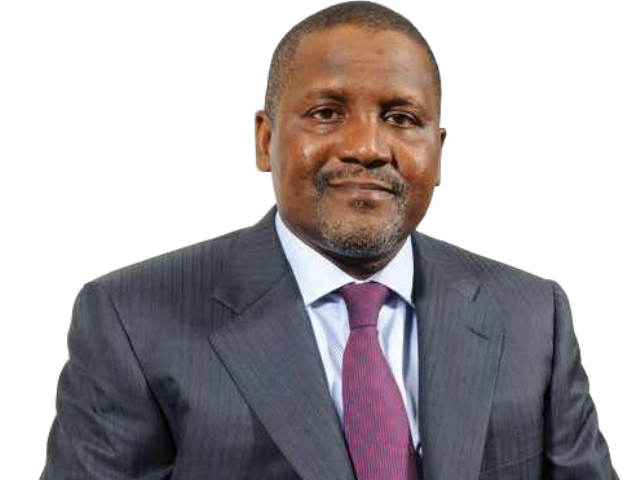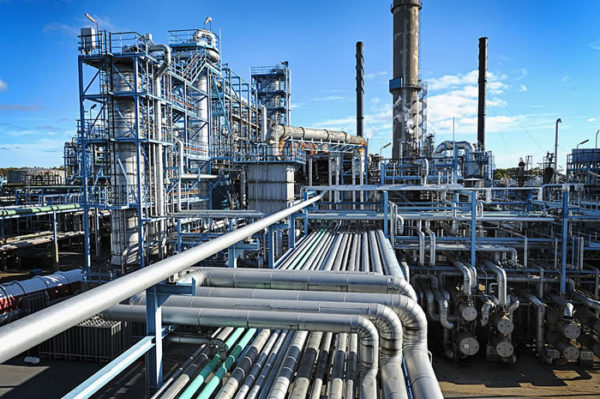Petrol imports surged by 105.3%, hitting ₦15.42 trillion in 2024.
The latest data by the National Bureau of Statistics (NBS) on the foreign trade statistics, said the increase was from N7.51trn recorded in 2023.
The development comes despite current increasing domestic refining capacity, especially at the 650,000 barrels-per-day Dangote Refinery and the ongoing rehabilitation of state-owned refineries.
Similarly this is despite the commencement in October of naira-for-crude deal with Dangote Petroleum Refinery and other local refineries, meant to improve local supply and save the country of billions of dollars that was used for imports of refined products.
But, the Nigeria National Petroleum Company (NNPC) Limited has stopped the naira-for-crude deal with Dangote Petroleum Refinery and other local refineries, fueling speculations of looming petrol price hike.
The development, metrobusinessnews.com (MBN) gathered could trigger an uptick in the pump price of petrol as local refineries will now rely on international suppliers for feedstock, gulping huge costs in dollars.
After many months of delay and bickering between NNPCL and DPRL, the former officially commenced the sale of crude oil and refined petroleum products in naira to local refineries on October 1, 2024.
But, the NNPC was said to have informed the local refineries recently that it has forward-sold all its crude, despite the fact that local production is now said to be higher as some of the local refineries have commenced operarions.
Specifically, in December 2024, NNPCL announced the restart of the 125,000 barrels per day (bpd) Warri Refinery and Petrochemical Company (WRPC), which was approved for rehabilitation in 2021 for $897 million.
The Port Harcourt Refining Company (PHRC), with a total installed capacity of 210,000bpd, recently restarted operations at its old plant, which currently produces 60,000bpd.
Also, Nigeria spent N2.01trn on fuel imports in 2020. By 2021, this figure more than doubled, rising by 126.9% to N4.56trn, indicating a sharp increase in import dependence and global price fluctuations.
ALSO READ:Mark Carney, Crisis-Fighting Central Banker, To Lead Canada Through US Trade War
The upward trend continued in 2022, with import costs jumping by 69.1% to N7.71 trillion, driven by rising crude oil prices and Nigeria’s inability to refine a significant portion of its fuel needs locally. In 2023, petrol import expenditure recorded a marginal decline of 2.6% to N7.51 trillion, suggesting a temporary easing, possibly due to factors such as forex adjustments and lower global oil prices.
However, riding on the back of a 40.9% depreciation of the naira, 2024 saw a 105.3% increase to N15.42 trillion, the highest on record.
More worrisome is the fact that spite the rise in local refining, production remains insufficient in meeting demands, necessitating continuous dependence on importation.
Strangely, Dangote Refinery recently said that it has enough of Petrol that could meet local needs
But MBN further gathered that supply chain inefficiencies, persistent demand-supply imbalances, Foreign exchange fluctuations, among other factors, have also militated against meeting local demands, as the rising cost of petrol imports continues to strain government finances and consumer purchasing power.
Nigeria operates four national refineries: one in Kaduna, one in Warri, and two in Port Harcourt.
Despite recent attempts to bolster domestic refining capacity, the country has spent “over $4.3 billion importing 6.38 billion litres of premium motor spirit (petrol) and automotive gas oil (diesel) in just five months”, industry sources said.
The NNPC is said to be among the entities still importing products, an act backed by the recent deregulation of the downstream sector.
Some analysts have criticised NNPCL, noting that, it is a matter of regret that at a time when Nigerians are hoping for further price reductions, the Company, despite injection of tax payers money, is said to be embarking on, what they regard as an action, that would further impoverish the people.














